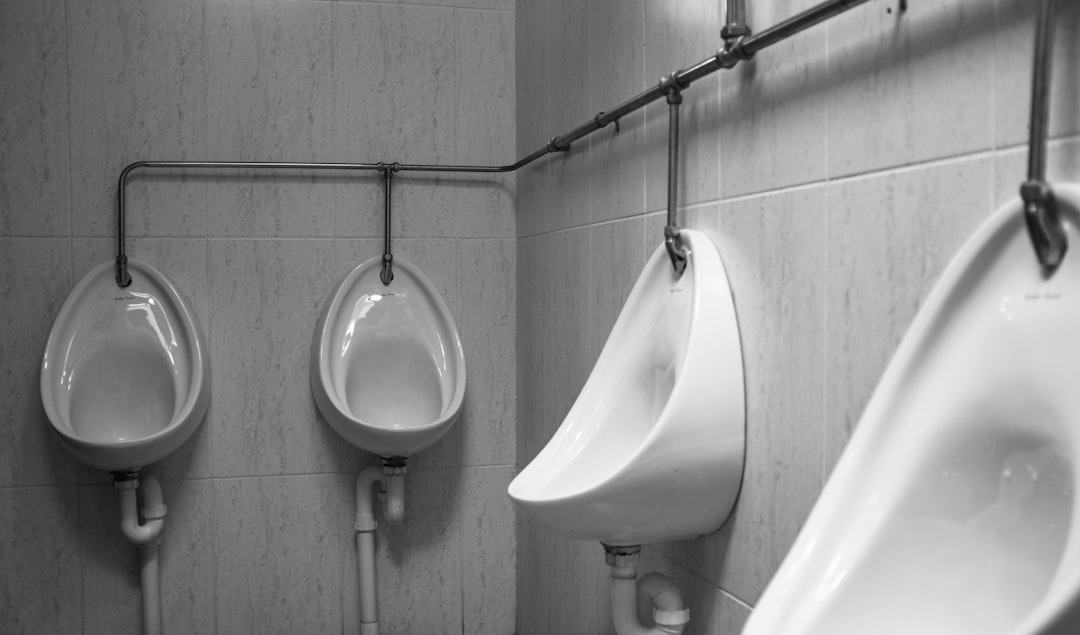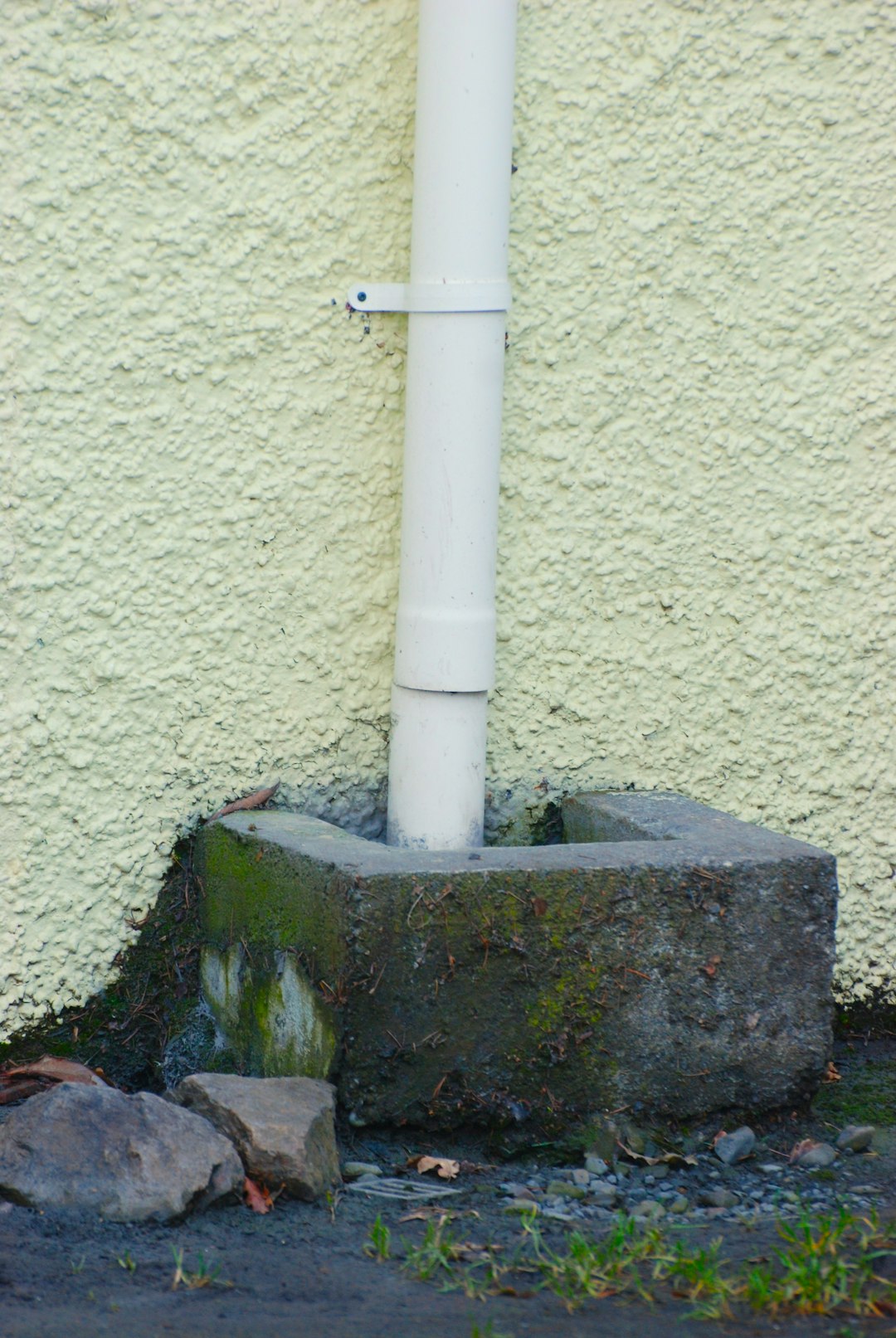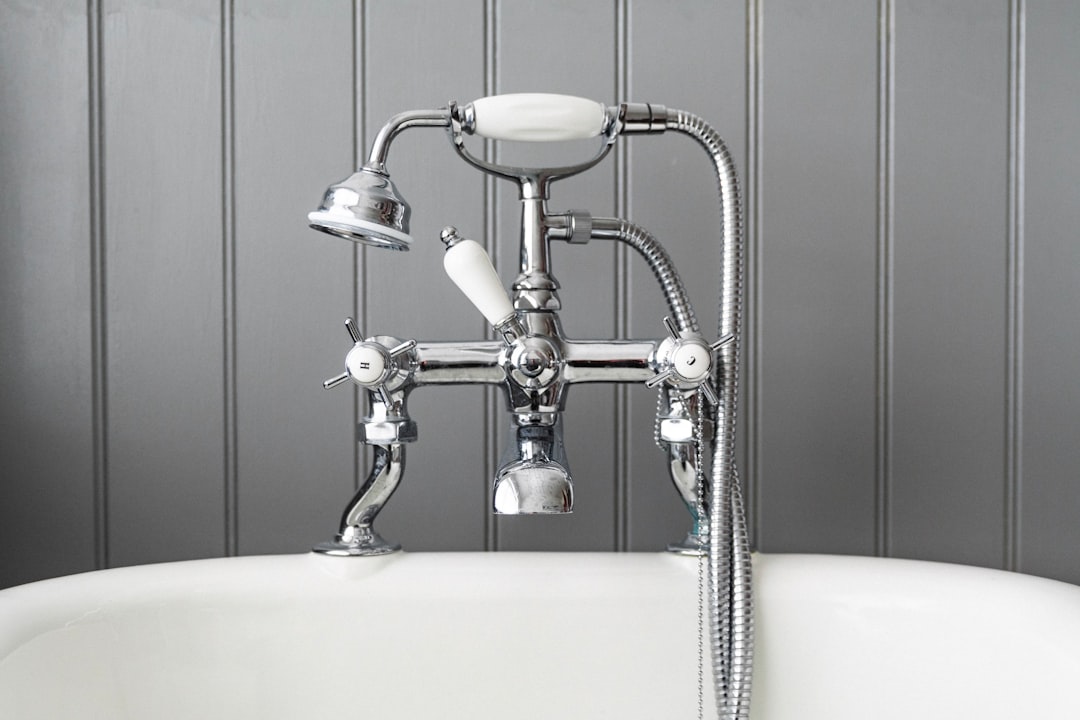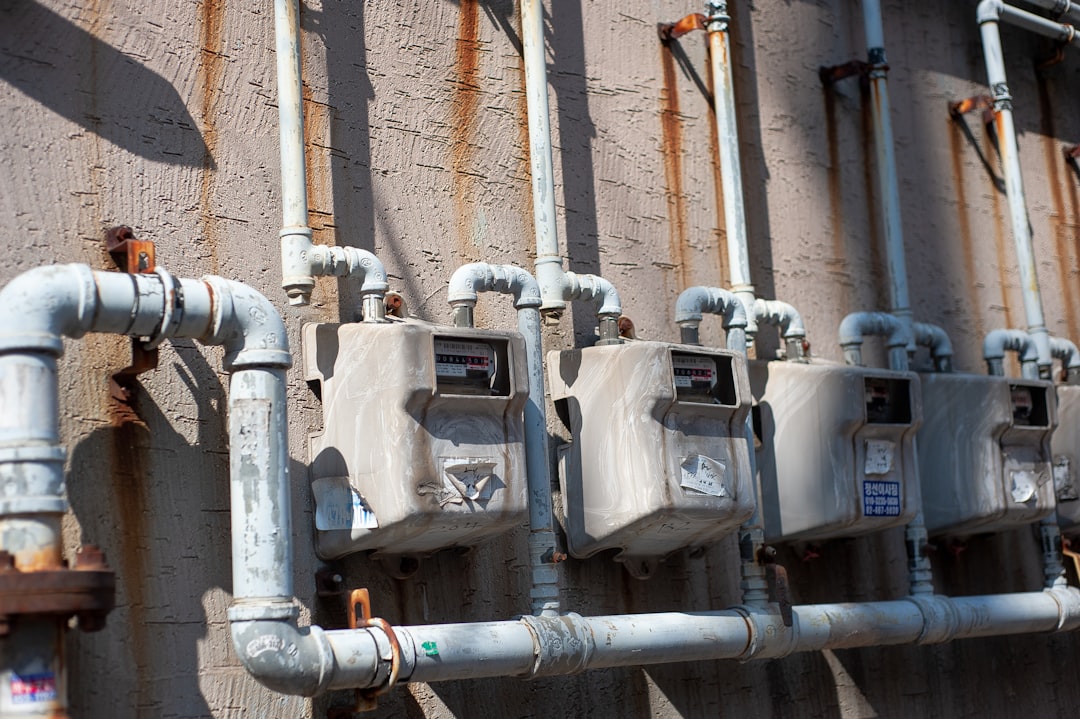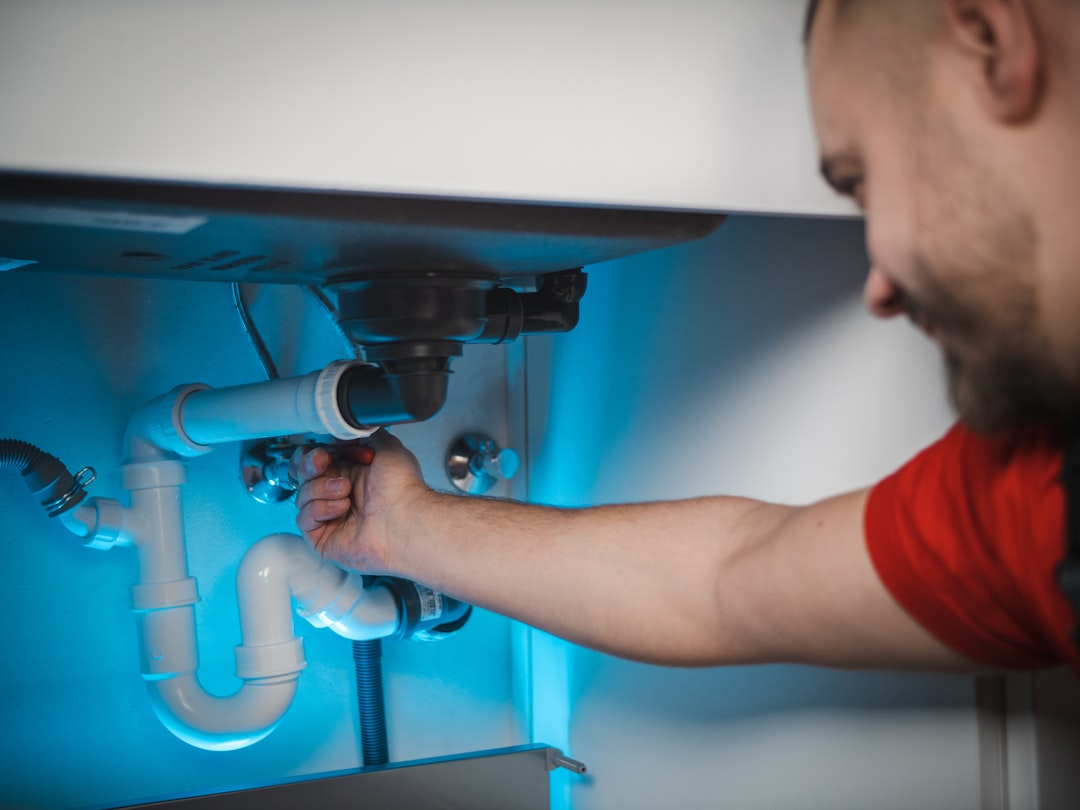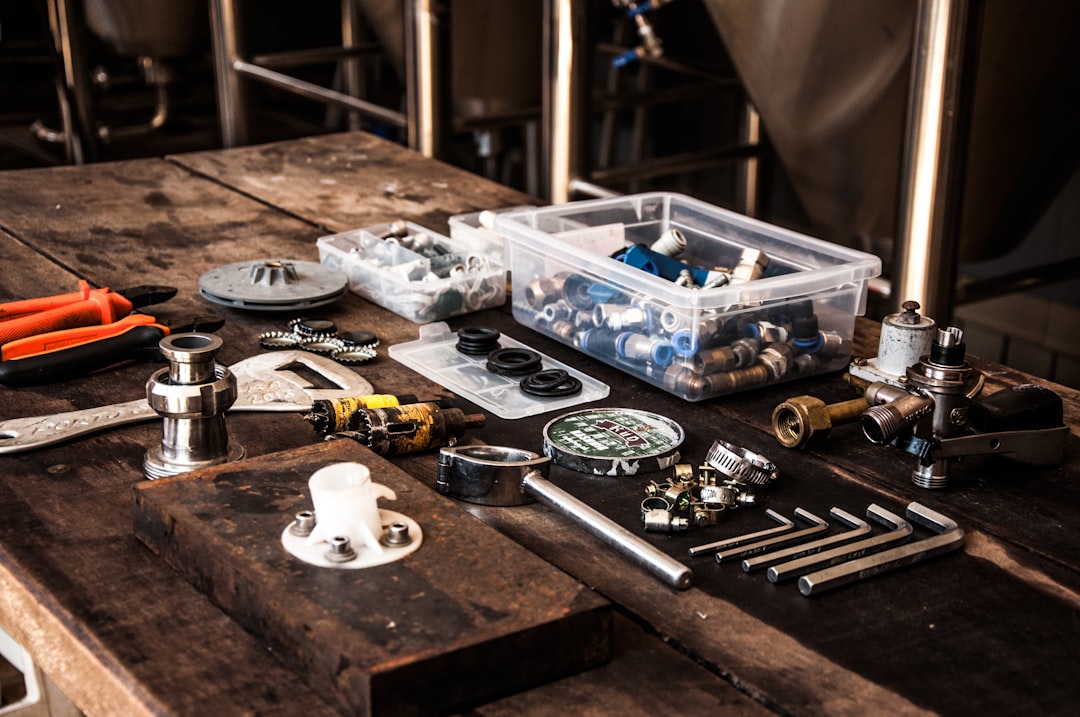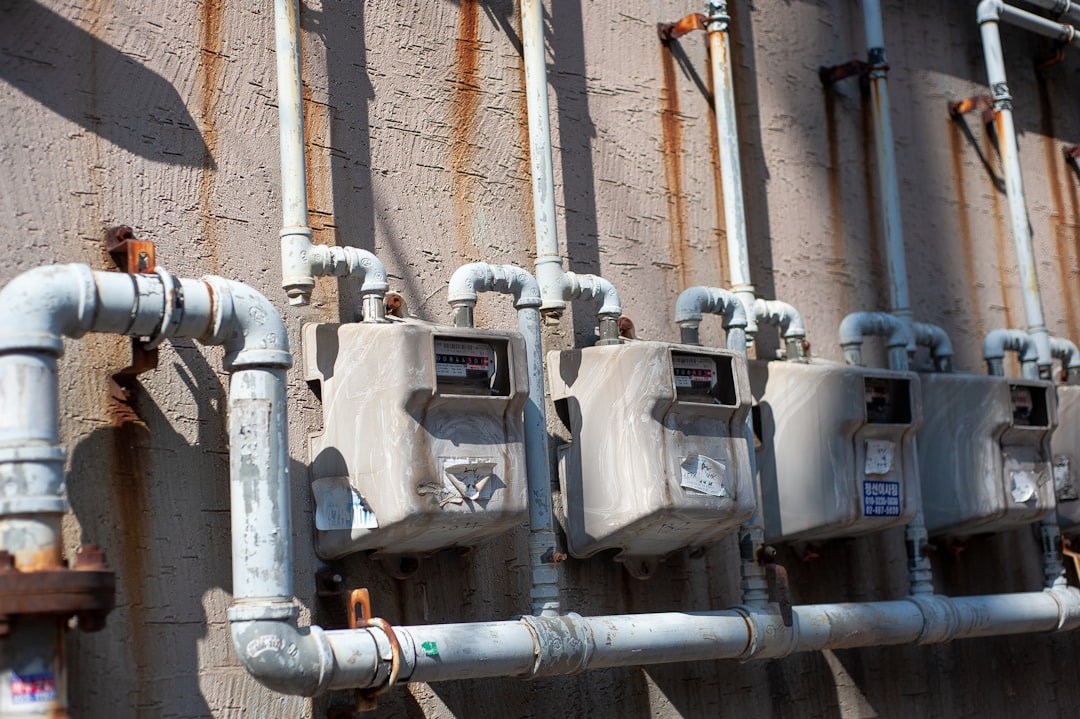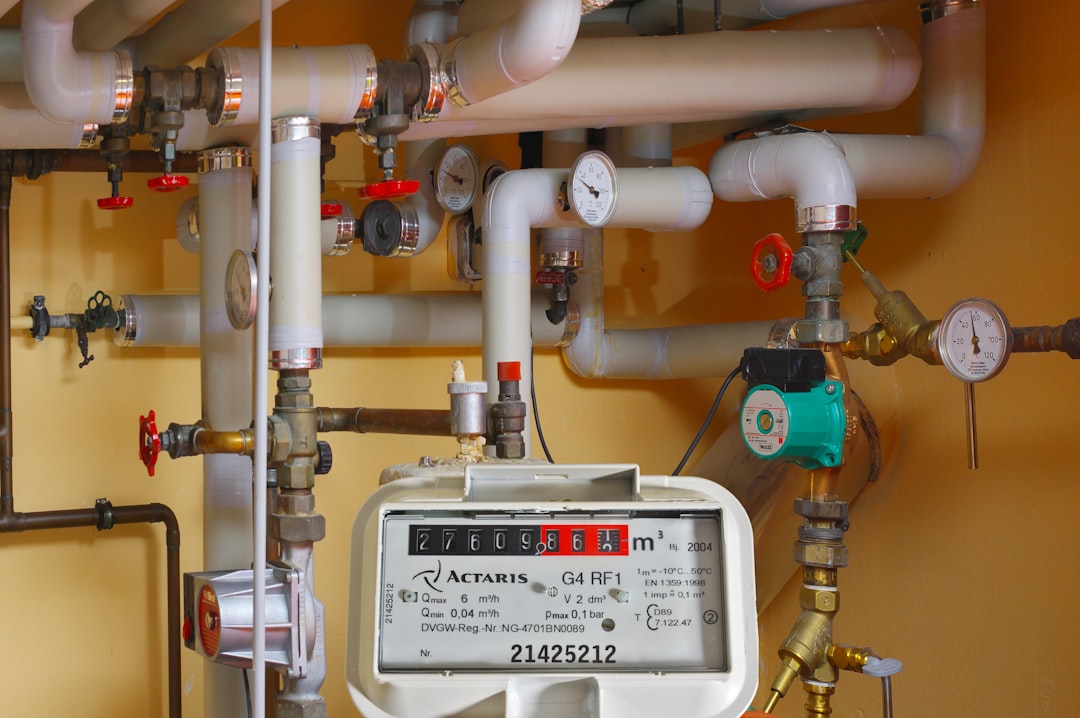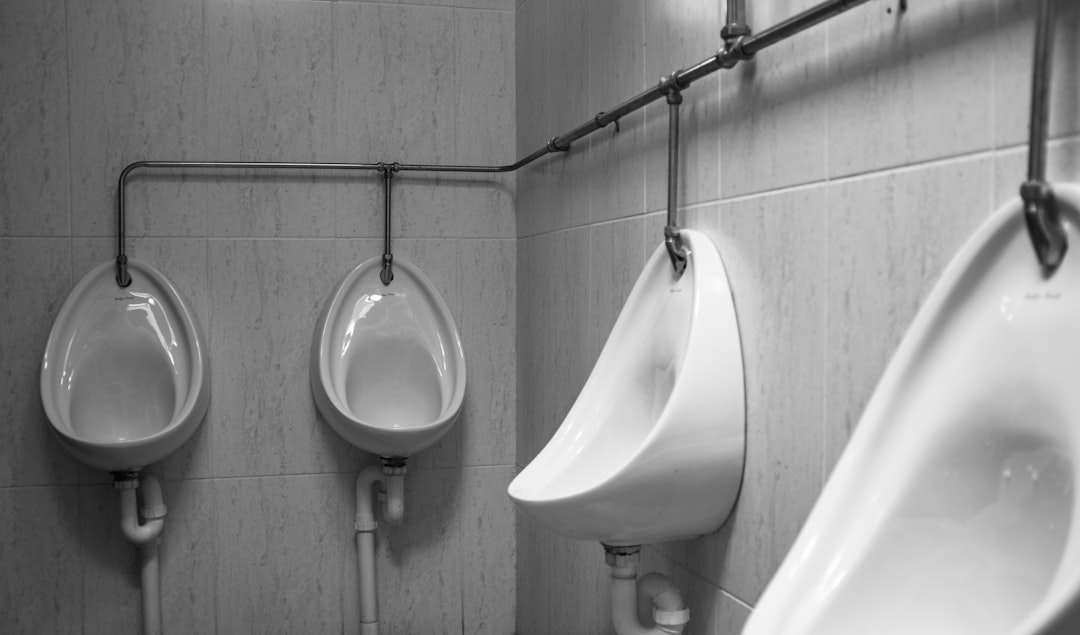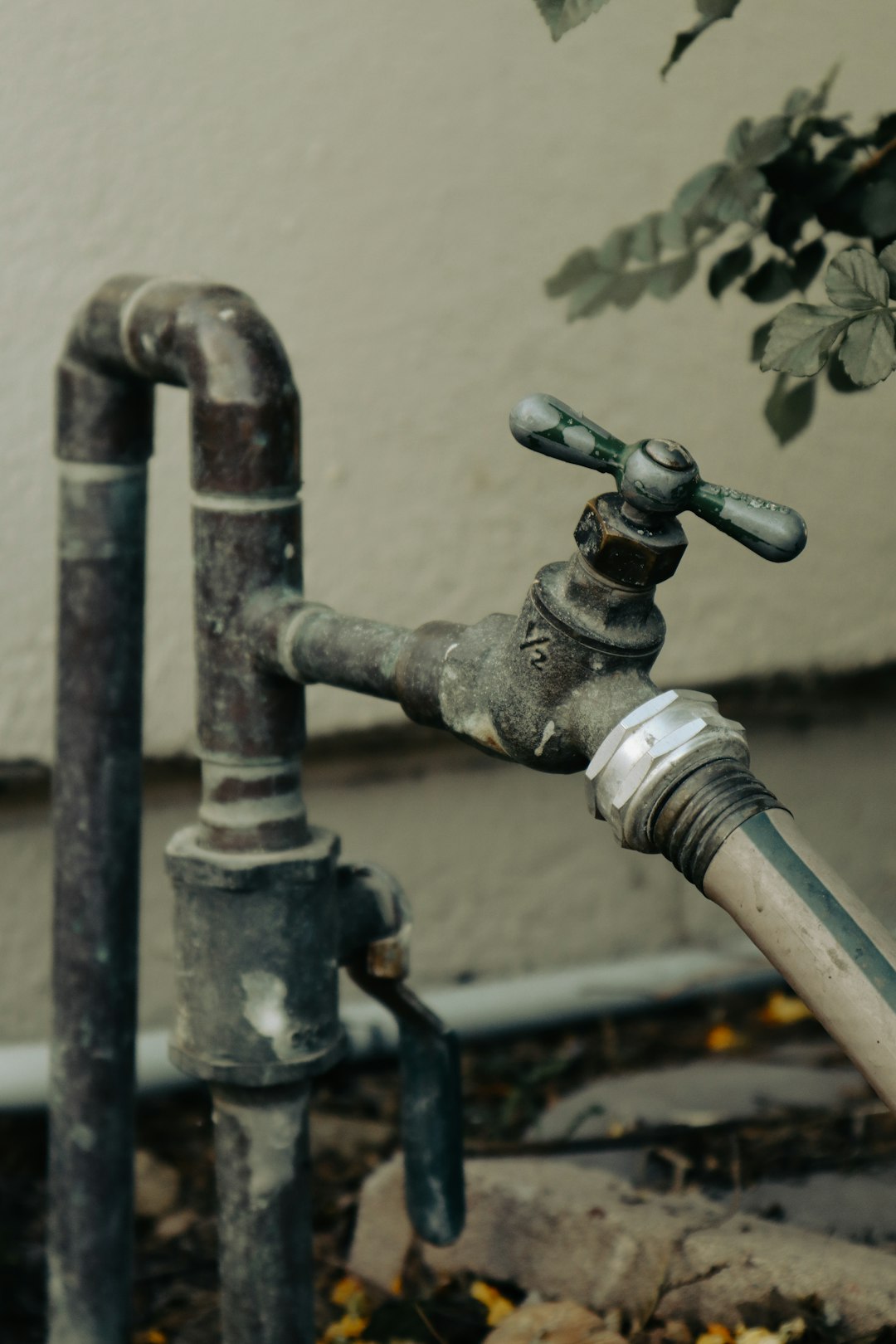Table of Contents
- Introduction
- Regularly inspect plumbing fixtures for signs of wear and tear
- Schedule plumbing maintenance to check for potential leaks
- Ensure proper installation of pipes and fixtures to prevent leaks
- Utilize leak detection systems to identify issues early
- Perform regular plumbing drain cleaning to prevent clogs
- Know the signs of plumbing emergencies and when to call for service
- Use backflow prevention devices to protect water supply
- Consider professional plumbing services for major repairs and installations
- Conclusion
- Frequently Asked Questions
Introduction
Water is essential for life, but when it starts to seep unexpectedly, it can quickly morph from a vital resource into a destructive force.
Imagine waking up to a flooded basement or a drippy faucet that could lead to costly repairs and damage. In today’s world, where DIY solutions are just a click away, it’s crucial to arm yourself with the knowledge to prevent plumbing disasters before they spiral out of control.
In this comprehensive guide, we will walk you through essential tips and tricks to identify potential issues and take proactive measures that can save you time, money, and headaches in the long run. From understanding the common signs of leaks to exploring preventative maintenance strategies, this article is your ultimate tool in the fight against plumbing mishaps.
Let’s dive in and discover how to keep your pipes flowing smoothly and your home safe from the unexpected!
Regularly inspect plumbing fixtures for signs of wear and tear
Regularly inspecting plumbing fixtures for signs of wear and tear is a crucial step in preventing leaks and ensuring the longevity of your plumbing system. Over time, components such as faucets, showerheads, and pipes can wear down due to constant use and exposure to water.
During these inspections, look for any visible signs of corrosion, rust, or cracks that could indicate a potential leak. Pay special attention to seals and washers, which are often the first parts to fail in fixtures.
Additionally, check for any moisture accumulation around joints and fittings, as this can be an early indicator of a leak. It is advisable to inspect your plumbing fixtures at least once every few months.
Incorporating this routine into your home maintenance can help catch minor issues before they develop into major problems. By being proactive, you can save yourself time, money, and stress associated with emergency plumbing repairs. Regular inspections not only contribute to the efficiency of your plumbing system but also enhance the overall comfort of your home.
Schedule plumbing maintenance to check for potential leaks
Scheduling regular plumbing maintenance is a proactive measure that can significantly reduce the risk of leaks in your plumbing system. By having a professional plumber conduct routine inspections, you can identify potential issues before they escalate into major problems. During these maintenance visits, plumbers can check for worn-out seals, corroded pipes, and other signs of wear that could lead to leaks.
Additionally, regular maintenance allows for cleaning of pipes to remove buildup that can cause blockages and pressure buildup, leading to leaks. It is advisable to schedule these maintenance checks at least once a year or more frequently if your plumbing system is older or if you notice any signs of trouble.
During maintenance, homeowners should also be vigilant about checking the water pressure. High water pressure can strain pipes, increasing the risk of leaks. By staying on top of maintenance and addressing any concerns promptly, you can extend the lifespan of your plumbing and avoid costly repairs associated with leaks.
Ensure proper installation of pipes and fixtures to prevent leaks
Ensuring proper installation of pipes and fixtures is crucial in preventing plumbing leaks.
When pipes and fixtures are not installed correctly, even small misalignments can lead to significant issues over time.
It is essential to use high-quality materials that are suited for the specific plumbing system in place.
During installation, ensure that all connections are tight and secure to prevent them from loosening over time, which is a common cause of leaks.
Additionally, pay attention to the sealing methods used.
For example, using Teflon tape on threaded connections can help create a watertight seal.
Regularly checking for signs of wear and tear, such as corrosion or cracks in the pipes, can also aid in early detection and prevention of leaks.
It is advisable to hire a professional plumber to ensure that all installations comply with local building codes and standards, which can further reduce the risk of leaks.
Utilize leak detection systems to identify issues early
Preventing plumbing leaks is essential for maintaining a safe and dry home environment. One effective method for early detection of potential issues is by utilizing leak detection systems. These systems are designed to continuously monitor water flow and pressure throughout your plumbing system. By installing sensors at key points, such as near appliances and under sinks, they can quickly identify unusual moisture levels or sudden changes in water pressure that may indicate a leak.
Many modern leak detection systems also offer smart technology integration, allowing homeowners to receive real-time alerts on their smartphones or other connected devices. This enables immediate action to be taken before the situation escalates into more significant damage. Furthermore, regular maintenance of these systems will ensure their reliability and effectiveness over time. By investing in leak detection technology, homeowners can not only save on potential repair costs but also protect their property from the long-term effects of water damage.
Perform regular plumbing drain cleaning to prevent clogs
Performing regular plumbing drain cleaning is essential in preventing clogs that can lead to plumbing leaks and other significant issues. Over time, debris such as hair, soap scum, grease, and food particles can accumulate in your pipes, creating blockages. Regularly cleaning your drains can help to eliminate these build-ups before they become problematic.
One effective method for maintaining clear drains is to use a mixture of baking soda and vinegar. This natural solution can break down grime and grease, promoting better drainage. Alternatively, consider using a plunger or a drain snake for tougher clogs.
It is also advisable to invest in regular professional drain cleaning services, which can provide a thorough cleaning that removes stubborn buildups that household methods may miss. Additionally, monitoring what goes down your drains—such as avoiding the disposal of oils, fibrous foods, and foreign objects—can significantly reduce the risk of clogs.
By incorporating regular drain cleaning into your home maintenance routine, you will not only extend the lifespan of your plumbing system but also reduce the chances of experiencing inconvenient plumbing leaks.
Know the signs of plumbing emergencies and when to call for service
Recognizing the signs of plumbing emergencies is crucial for maintaining a safe and functional home. Common indicators include sudden drops in water pressure, which can signify a leak or blockage. Additionally, persistent dripping sounds or visible water stains on walls and ceilings are red flags that should not be ignored. If you notice puddles forming unexpectedly or an increase in your water bill without explanation, these may also indicate a plumbing issue.
Another significant warning sign is the presence of sewage odors, which could denote a serious problem with your drainage system. Foul smells often accompany backed-up drains or toilets, indicating that professional intervention is required. If you experience any of these symptoms, it’s essential to act swiftly.
Timely attention can prevent further damage to your property and costly repairs down the line. When in doubt, always err on the side of caution and contact a licensed plumber. They are equipped to diagnose problems accurately and provide the necessary solutions efficiently.
Use backflow prevention devices to protect water supply
To ensure the safety and integrity of your water supply, using backflow prevention devices is essential. These devices are designed to prevent contaminated water from flowing back into the clean water supply, which can occur due to changes in pressure within plumbing systems. Backflow can happen for various reasons, including heavy water usage in the area or a burst pipe.
There are several types of backflow prevention devices, including air gaps, double check valves, and reduced pressure zone assemblies. Each device serves the purpose of stopping the backflow of water caused by backpressure or backsiphonage.
Installing these devices not only protects the health of your family by ensuring that drinking water remains uncontaminated but is also often a legal requirement in many jurisdictions. Regular maintenance and testing of backflow prevention devices are crucial to ensure they function effectively.
By being proactive and implementing these measures, homeowners can significantly reduce the risk of plumbing leaks and safeguard their water supply from harmful contaminants.
Consider professional plumbing services for major repairs and installations
When it comes to plumbing, not all problems can be resolved with DIY fixes. For major repairs and installations, it is highly advisable to consider professional plumbing services. Licensed plumbers have the expertise and experience necessary to handle complex issues that may arise in your plumbing system.
Additionally, professional plumbers are equipped with the right tools and technology to identify leaks, blockages, or other plumbing defects that may not be easily visible. Their knowledge of local building codes and regulations ensures that all work is performed legally and safely, reducing the risk of potential hazards.
Moreover, hiring a professional can save you time and money in the long run. Attempting to fix major plumbing problems yourself may lead to more extensive damage and costly repairs if things go wrong. By entrusting the job to a professional, you can have peace of mind knowing that the job will be done correctly and efficiently. In summary, for significant plumbing repairs and installations, engaging a qualified plumber is a wise choice that can help prevent future issues and ensure the longevity of your plumbing system.
Conclusion
In conclusion, preventing plumbing disasters requires a proactive approach that encompasses regular inspections, maintenance, and the use of technology. By continually monitoring your plumbing fixtures and scheduling routine checks, you can catch potential leaks before they escalate into costly repairs. Employing leak detection systems enhances your ability to identify issues early, while ensuring proper installation of pipes and fixtures is crucial for long-term reliability. Remember to keep drains clean to prevent clogs and be vigilant for signs of plumbing emergencies. Should any major repairs or installations arise, don’t hesitate to reach out to experienced professionals. For reliable plumbing assistance and expert guidance, call 573-555-2121 today. Taking action now can save you from unfortunate plumbing disasters later!
